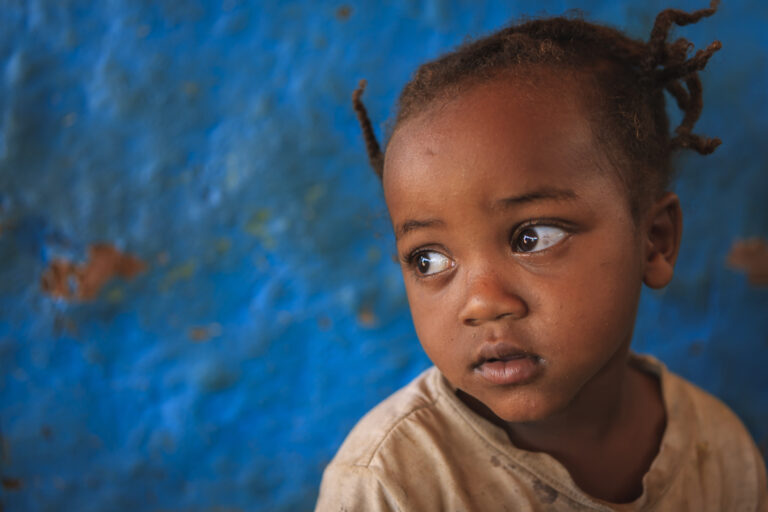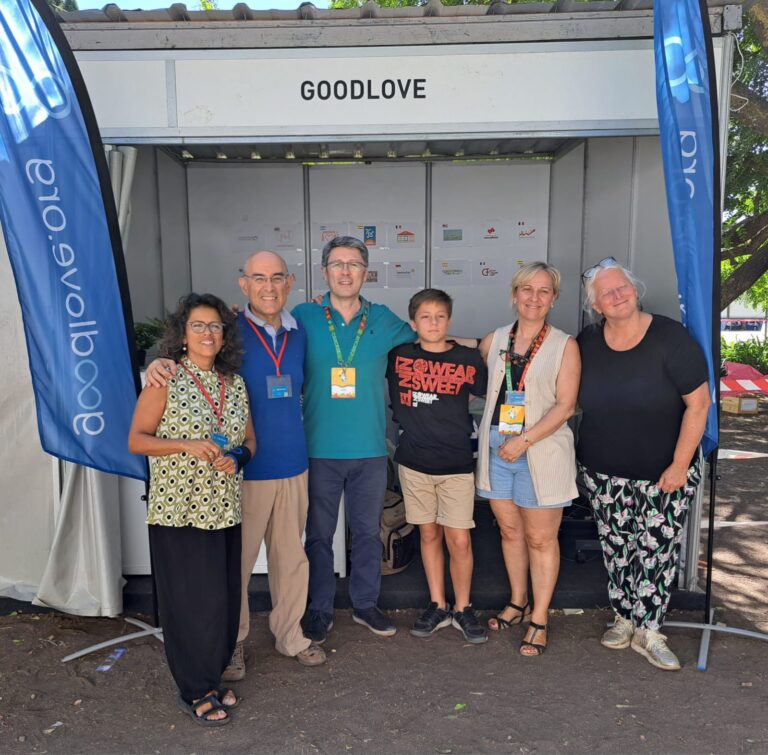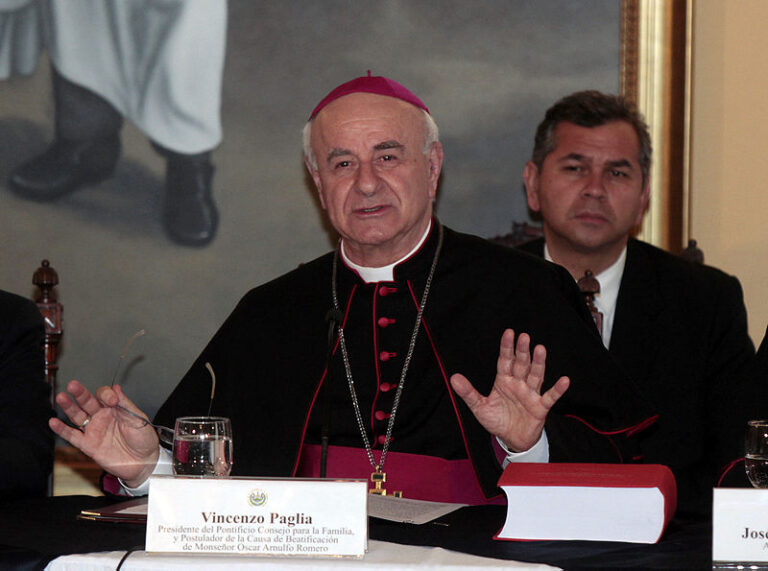On May 18, 1993, the Honduran Pro-Life Committee denounced in the local media the distribution of a contraceptive pill named Ovrette manufactured by Wyeth- Ayerst Laboratories, Inc., in the United States of America. The Ovrette Pill Program in Honduras was specifically targeted for nursing mothers, even though the pill’s literature indicated that it should not he used until the infant has been weaned. In other words, Ovrette was not recommended for use by nursing mothers by its own manufacturer.
The United States Agency for Inter- national Development (USAID) sponsored the Ovrette program, which was executed by the Social Security Institute (IHSS) and the Health Ministry of Honduras, and partially funded by the Population Council. This program was enacted under the auspices of USAID project Health Sector II, at a cost of US $35 million over a period of five years (1989-1994). USAID donated the pill. It was incorporated into the sub-program “Reproductive Risks.”
The Committee carried out an exhaustive investigation and discovered that the Health Ministry had issued a document entitled “Strategy for Introducing Ovrette .” This document stated: “In order to avoid any misunderstandings which might jeopardize the distribution and harm family planning objectives, these instructions shall be implemented: 1) suppression of all literature from the boxes of medication at the central warehouse (prior to regional distribution)…”
Therefore, neither the physicians nor the patients were ever privy to the literature issued by the manufacturer, which specifically indicated: “Breast feeding: oral contraceptives given in the post-partum period may interfere with lactation. There may be a decrease in the quantity and quality of the breast milk. Furthermore, a small fraction of the hormonal agents in oral contraceptives has been identified in the milk of mothers receiving these drugs. The effects, if any, on the breast-fed child have not been determined. If feasible, the use of oral contraceptives should be deferred until the infant has been weaned.”
It is important to point out as well that at the time the Ovrette pill had not been registered with the Health Ministry as mandated by Honduran law. Therefore, the introduction of this drug in Honduras was against the law.
Only after the publication of the final report of the Honduran Medical Association, which concluded that the Health Ministry should immediately halt the distribution of Ovrette in Honduras, and a groundswell of protest displayed among labor unions, the School of Medicine, the Catholic Church, the Human Rights Commissioner and other organizations, the Honduran Health Ministry finally decided to “temporarily” stop the Ovrette program until the manufacturer literature had been changed. Therefore, the Ovrette program was suspended in August 1993.
On April 12, 1994, the president of the Board of Directors of the Committee, Mrs. Martha de Casco presented this case to Congressmen of the United States, hoping that a thorough investigation of USAID-sponsored family programs in Honduras would be undertaken. She came to represent to the US Congress the concern that USAID was involved in programs that looked more like population control rather than family planning.
Unfortunately, nothing changed after the visit to Washington, D.C., and by June 1997, the Honduran Pro-Life Committee had gathered enough evidence indicating that Ovrette was again an important element of a “Reproductive Health” program being implemented in Honduras, that this pill was still being donated by USAID and distributed to nursing mothers all over Honduran territory. This distribution proceeded against manufacturer contraindications, and against the recommendations of the Medical Association, the School of Medicine, and the Human Rights Commissioner.
It is also important to note that the health registration of Ovrette was not obtained in Honduras by Wyeth—Ayerst Laboratories until 1996 and that the health certificate issued by the Honduran Health Ministry clearly indicates that Ovrette is contraindicated to nursing mothers. This notwithstanding, USAID continued introducing this drug into Honduras.
With such evidence, the Honduran Pro—Life Committee again denounced the Ovrette program in the local media and also filed a legal complaint with the Public Ministry.
A six months investigation followed, carried out by the Public Ministry and involving the tiling of a wide range of documents by the Health Ministry, USAID, the World Health Organization (WHO) and the Honduran Pro—Life Committee. Following this investigation, the Public Ministry requested the Honduran Health Ministry to suspend immediately the Ovrette program in Honduras. The Health Ministry’s answer was the same as that of 1993: “The Ovrette Program is temporarily suspended until the manufacturer changes the labeling.”
This argument has been consistently presented by USAID personnel to our government in the past. But the current literature of the manufacturer on the contraceptive Ovrette clearly contradicts the USAID statements. Moreover, the new literature is even more restrictive than the previous one, and the product is still contraindicated to nursing mothers. Included in the Public Ministry’s file is a letter from Wyeth—Ayerst International, Inc., indicating that Wyeth—Ayerst International, Inc., has not directly introduced the produce Ovrette in Honduras, and that “Ovrette is freely distributed at world level by international agencies for development,” which overwhelmingly involves USAID.
Based on such relevant evidence, the Public Ministry resolved against the distribution of the contraceptive Ovrette among nursing mothers in Honduras, and any reoccurrences of such distribution will be handled in the respective court of justice with legal consequences to those responsible for the program. In a recent press conference, the Public Ministry indicated that analysis performed on the milk of women that have taken Ovrette confirmed the filtration of progestins in to the breast milk. The consequences of this on nursing children cannot as yet be determined, a circumstance which obviously only aggravates the severity of this case.
In the Ovrette case in Honduras, USAID has been party to a flagrant violation of human rights through the imposition of a coercive and experimental population control program, has violated several Honduran laws and the constitutional rights of information, and has acted to the detriment of the health of Honduran mothers and children. The Ovrette incident should be thoroughly investigated in order to prevent such an imposition which can harm future generations not only in Honduras, but also in many other countries where such programs are implemented.
Honduras, like other developing countries, certainly needs the assistance of international agencies such as USAID, which has promoted some obviously excellent projects in our country. But Honduras does not need and firmly rejects the presentation to its people of any harmful program, such as the one above, as a good and as leading to improved health and quality of life.
The Committee sincerely hopes that this time our complaint will be heard by honorable Members of the United States Congress willing to investigate these violations on foreign soils, that they will work to ensure that USAID is not involved in any way in these violations, and will support us in the fight for the respect of the human dignity of our people.
We deeply believe that the American people would not approve nor tolerate the introduction of a program like the Ovrette program by a foreign power into their own territories. Such programs do not reflect the democratic, generous, and righteous spirit of the citizens of the United States of America.
Martha Lorena de Casco is the founder and president of the Pro-Life Committee in Honduras.










